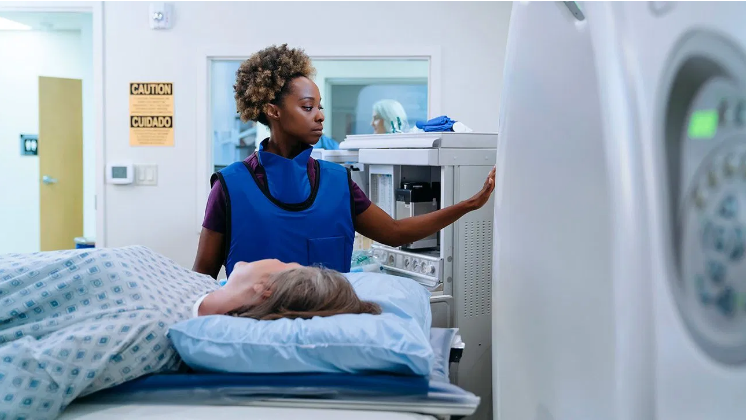
Another way to make your home a more wellness-centered space is by eliminating sources of blue light during the evening hours. According to Ben Spielberg, who is a neuroscientist and CEO of TMS & Brain Health, this is because it inhibits the production of melatonin. “Melatonin is a hormone secreted by the pineal gland, and is responsible for telling the body when to go to sleep”, he says. “Blue light can mimic the wavelengths of natural light, which interferes with the body’s melatonin release and ultimately can lead to insomnia and irregular sleep patterns. By avoiding and/or suppressing blue light, the pineal gland is able to secrete healthy amounts of melatonin undeterred, leading to a healthy full night’s rest.”
There are countless sources of blue light we all have in our homes including screens, light bulbs, and small appliances. While you can’t eliminate all exposure, there are ways to reduce it. Get rid of LED and florescent bulbs and swap them out for red bulbs. If red bulbs aren’t aesthetically appealing, an amber light such as the Hoogalite Bulb is a better option.






